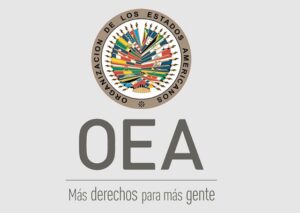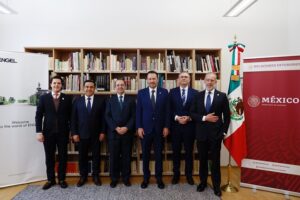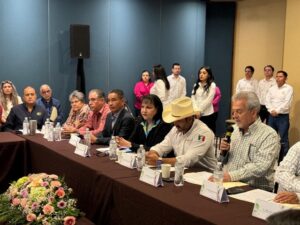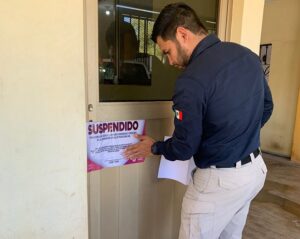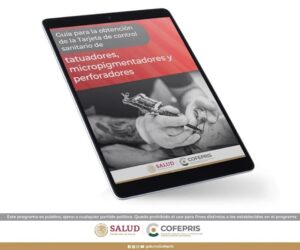Según un nuevo estudio, el Acuerdo sobre Facilitación del Comercio ha supuesto un aumento del comercio superior a los 230.000 millones de dólares EE.UU.
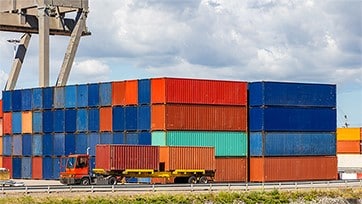
El Acuerdo sobre Facilitación del Comercio (AFC) de la OMC ha generado un aumento del comercio por valor de 231.000 millones de dólares EE.UU., particularmente en la agricultura, según las estimaciones correspondientes a los dos primeros años de su aplicación presentadas al Comité de Facilitación del Comercio el 22 de marzo. Según esas estimaciones, los países en desarrollo Miembros y los países menos adelantados (PMA) Miembros que habían contraído compromisos en el marco del histórico Acuerdo han registrado las mayores ganancias.
(de momento sólo en inglés)
Based on estimates for the years 2017-2019, WTO economists attribute to the TFA an average 5% increase in global agricultural trade, 1.5% in manufacturing trade and 1.17% in total trade. These increases are largely driven by the trade growth in LDCs, where agricultural exports rose by 17%, manufacturing exports by 3.1%, and total exports by 2.4% under the TFA. The estimates further point to a 16-22% increase in agricultural trade between developing members that have made TFA commitments. These estimates are conservative, as large gains have already been realized, particularly in manufacturing, in anticipation of the Agreement’s entry into force and by developed members making full commitments since the start of the TFA’s entry into force, as noted in previous studies.
In 2015, the WTO forecast that complete implementation of the TFA could lead to an increase of up to 2.73% in global trade flows by 2030. The latest estimates note that as the benefits of the Agreement continue to be realized, the trade and welfare gains are likely to expand. Stronger increases for manufacturing trade may still be detected after more years of TFA implementation for developing members as well. The latest estimates are part of the Secretariat’s ongoing work tracking the impact of the TFA.
The TFA, which entered into force on 22 February 2017, contains provisions for expediting the movement, release and clearance of goods, including goods in transit. It also sets out measures for effective cooperation between customs and other appropriate authorities on trade facilitation and customs compliance issues. It further contains provisions for technical assistance and capacity building in this area.
The TFA is the first WTO agreement in which developing members and LDC members can determine their own implementation schedules and seek to acquire implementation capacity through the provision of related assistance and support. Developed members were required to implement all provisions of the TFA from its entry into force. As of 22 March 2023, notifications submitted by WTO members indicate that they have committed to implement 76.1% of TFA obligations.
The estimates were presented at the meeting of the Committee on Trade Facilitation upon WTO members’ request, in line with recommendations from the first review of the TFA in 2021. The next TFA review is scheduled for 2025.
At the meeting, the Committee also considered notifications from members regarding TFA measures, presentations of national experiences and suggestions to enhance trade facilitation implementation, and specific concerns on customs procedures. The next committee meetings are scheduled for 15-16 June and 3-5 October.


